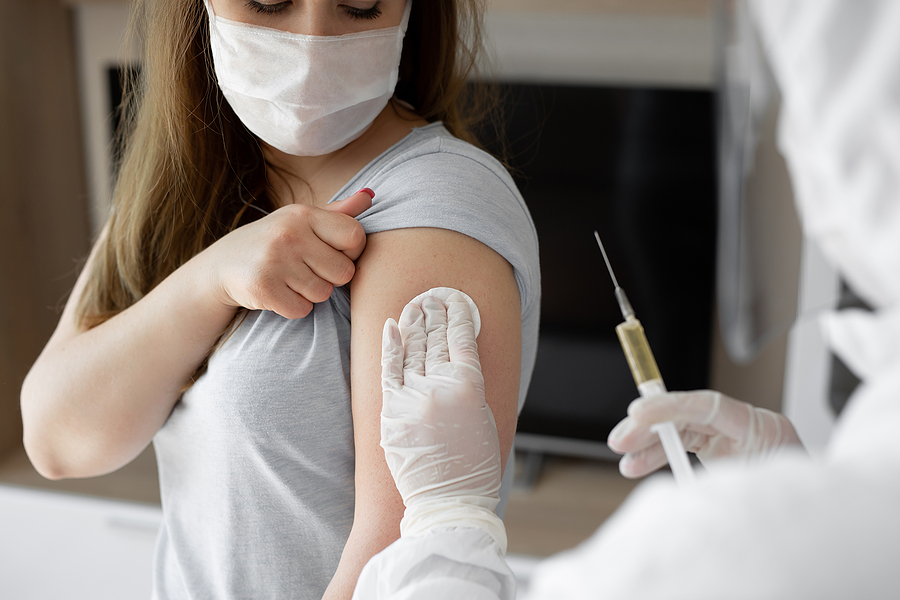The buzz at the World Health Organization may be “vaccine hesitancy,” but when it comes to young people in the Delaware Valley getting their shots, The Who may have the best take: The kids are alright.
For weeks, public health officials worried young, healthier Americans may not get vaccinated, either out of fear, or disinterest, or lack of concern. A survey reported at the medical website VeryWellHealth.com found among respondents under 30, 47 percent say they won’t get the COVID-19 vaccine, 35 percent say they will, and 18 percent say they don’t know.
Former Food and Drug Administration Chief Dr. Scott Gotlieb warned last month vaccinating older Americans and first responders wouldn’t be enough to reach herd immunity. “You’re going to need 30-year olds and 20-year olds,” he said.
He added there hasn’t been enough outreach to the younger generations, joking, “does it really convince a [young person] to get the shot when they see Tony Fauci get vaccinated on TV?”
While Emma Calhoun, a college student from Delaware County, is not “actively searching” for a vaccine at the moment due to young people not being prioritized yet, she said if any chance comes along “I’ll do it.” She’s seen that same attitude among her peers. “Some of my friends have jobs or conditions that allow them to get it sooner, but for the most part we’re all waiting until the opportunity is presented to us.”
“I’m waiting until it’s my turn,” said Montgomery County high school student Ali Dunleavy. “I feel like there are a lot of other people who need it more than I do… I don’t need it right now.”
Many are anxious to get the vaccine, and some adults have gone to great lengths to jump the lines. But Dunleavy says their peers are patient and understand why other demographics are going first. “I think probably only half of them would take it before their turn.”
As peers slowly are vaccinated, both are still following precautions. “I try to keep up social distancing with everyone but my roommate and two friends who are in our pod,” said Calhoun. “I know [vaccinated peers] may not be as susceptible to COVID, but as an unvaccinated person I cannot say the same.”
Dunleavy says she’s “not more relaxed” with the guidelines, especially because she’s still cautious for her parent’s sake who are still waiting for their second shot. “It’s more just that I am less fearful for their lives. But I know they could still get sick.”
While Dunleavy and Calhoun’s anecdotes make it seem as if concerns around young people being fearful to get the shot may be overblown, polls show another story. The Kaiser Family Foundation’s COVID-19 Vaccine Monitor tracker shows 18-29-year olds have the greatest hesitancy of any demographic to make a definitive decision on the shots. They also are the highest to report that they’ll only get it if required.
Social media apps like TikTok, heavily dominated by young people, have also been sources of misinformation around the vaccine, forcing leadership in their company to make moves to stop the spread.
But Dunleavy reports more positive signs. “If anything social media is encouraging people to try to get their vaccine… I think most of the people I know are aware enough to trust it.”
“A lot of the media I consume encourages vaccination to eventually be able to return to normal, which as a college student means partying, which everyone misses,” said Calhoun.
As for when they’ll get the vaccine, Dunleavy believes despite headlines saying vaccine supply may be available to all adults by May, she’ll likely get a June appointment.
Calhoun said she could get it sooner than she once thought. “I am in the process of getting a job on my campus which allows its employees to get vaccines through school resources.” The jab in her arm could come as soon as next month.

